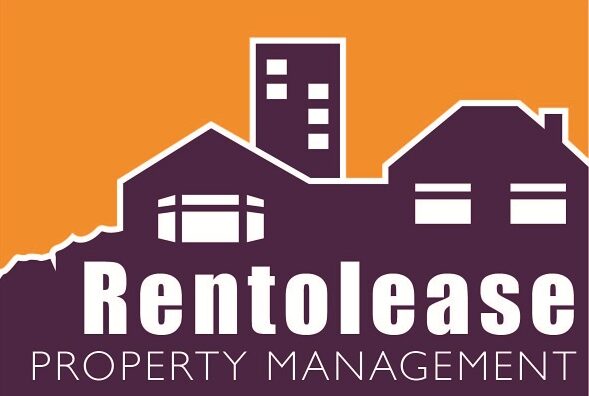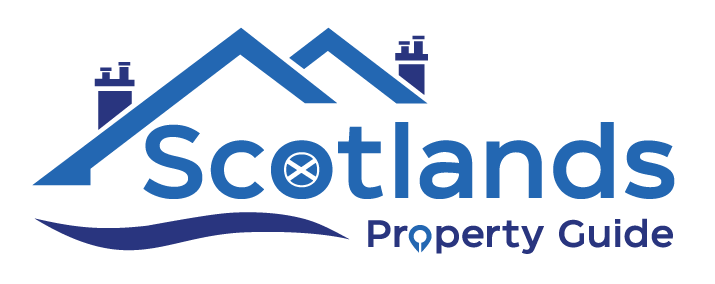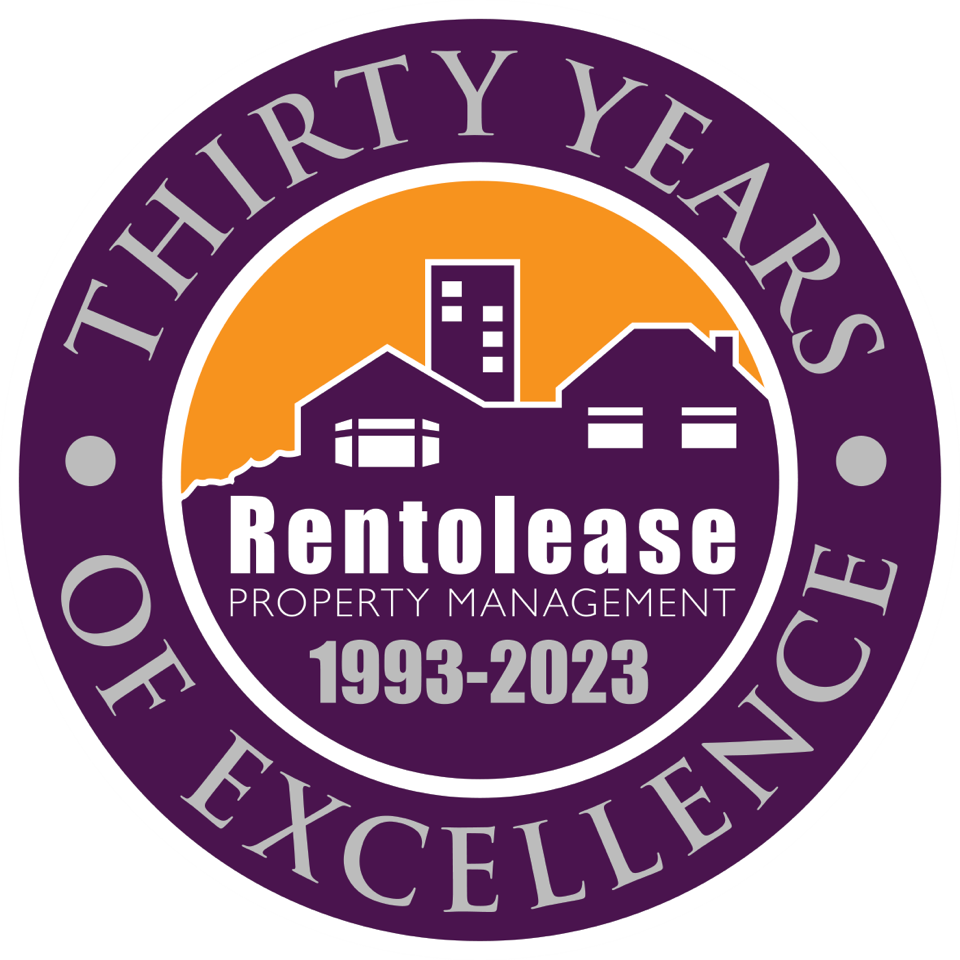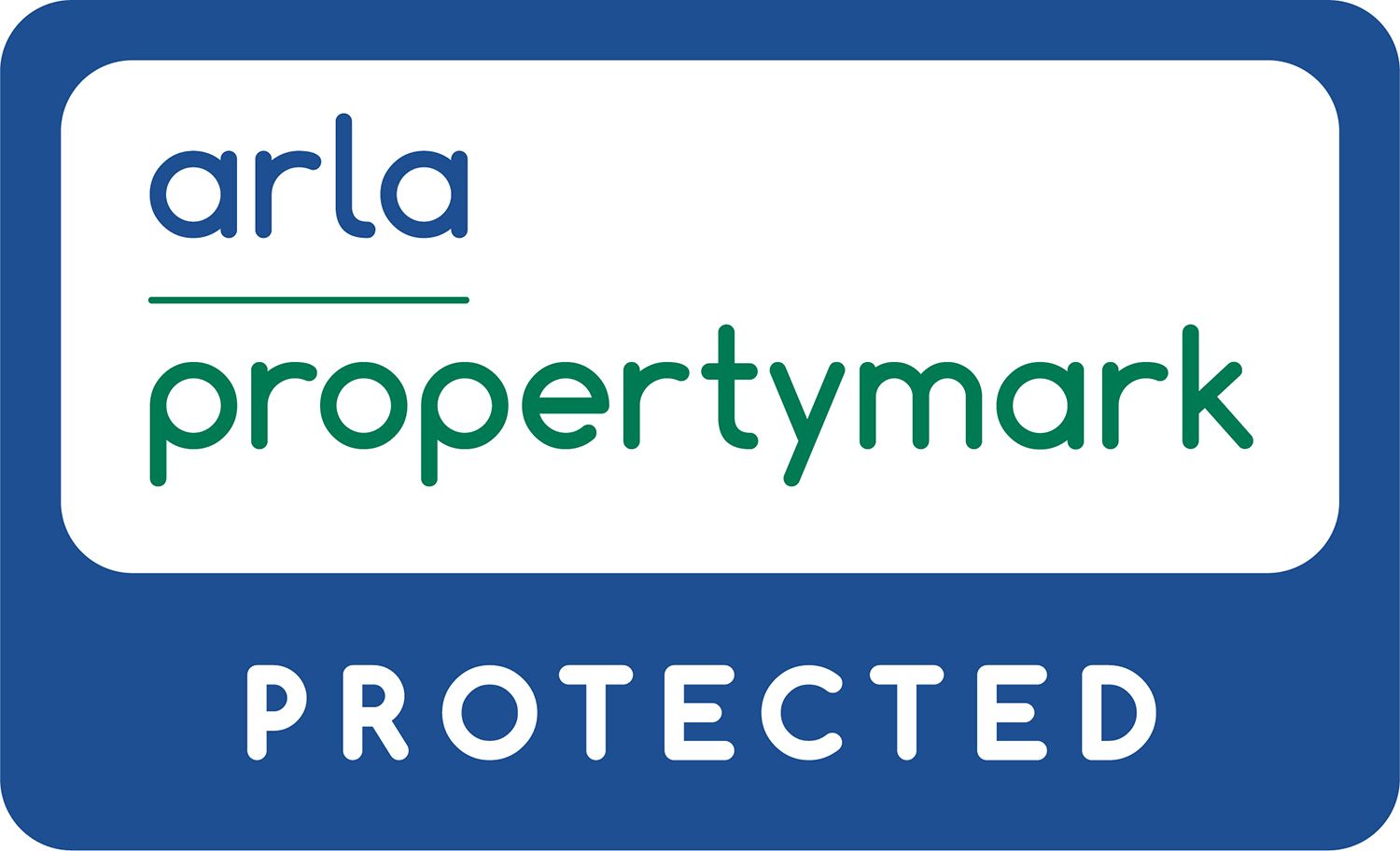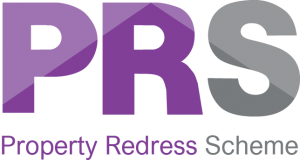At Rentolease we are always on hand to help ensure your property meets all regulations requirements and if you are a fully managed landlord this is all included in our service.
Landlords guide to letting a property – Best practice and Current legislation
Additional owners
Please advise if there are any other owners on the property’s title deeds. Any additional owners will have to sign the contract as well as be registered with the Local Authority for Landlord
Registration purposes.
Landlord Registration Scotland (every three years)
All landlords in Scotland must register themselves with Landlord Registration Scotland. Once you are registered, you must ensure that all your rented properties are linked to your relevant landlord
registration account(s). This is a legal requirement and can be done on-line at:
www.landlordregistrationscotland.gov.uk
If you are already registered please add our registration number to your live application(s).
Required information
We require the following information:
- Home and mobile telephone numbers
- Home address (for correspondence)
- Council tax band
- Date of birth
- Emergency contact (name, telephone numbers, email and address)
- Bank sort code and account number for payment of rent
- Gas and electricity suppliers
- Final gas and electricity meter readings and account numbers
- Any existing safety and compliance certificates, such as gas safety certificate, Electrical
Installation Condition Report (EICR), Portable Appliance Test (PAT), Energy Performance
Certificate (EPC) and legionella risk assessment
- Location of stop cock
- All appliance instruction manuals should be supplied where possible (hard or soft copy)
- Whether you wish contacted prior to a tenant being accepted
Non-Resident Landlords (NRL)
Landlords who reside outside the UK will need to check with the Inland Revenue & Customs
(HMRC) whether or not you are classified as a Non-Resident Landlord (NRL).
HMRC regard Non-Resident Landlords as person(s) whose usual home is outside the UK and whom
have a rental property in the UK.
If you are a Non-Resident Landlord, it is very important that you contact HMRC, to discuss your circumstances and follow their advice. They may grant approval for no tax to be deducted from your rental income. If this is the case, please ensure that they write to us confirming this.
Income tax
We would strongly recommend that you take advice from an accountant or tax advisor about the implications of receiving an income from your rental property(ies).
You can apply on line at and Rentolease NRLS numnber is NA007763
Contents and buildings insurance
It is your responsibility to ensure that your rental property has the appropriate landlord’s building and contents insurance. If your property is within a factored development which has a block insurance policy, you will need to contact your factors and advise them that this particular property is rented. They will then update the block insurance policy.
Mortgage
You will need to ensure that you have the appropriate authorisation to let from your
mortgage company.
Keys
- We shall require one set of working keys for each tenant in the property (with a minimum
of two sets) - Two additional sets of keys for our firm
Cleaning
When we take over management of the property we ask that the property is in a clean and tidy
condition which your new tenants would find acceptable to move in to. We are happy to organise a
cleaner on your behalf. If you plan to clean the property yourself you may find our tenants’
Mail redirection
Please note tenants cannot necessarily be relied upon to forward or keep your mail. If you have
previously lived in the property and need to redirect mail, please use the following link:
https://www.royalmail.com/personal/receiving-mail/redirection
Telephone, internet and television
Please ensure any telephone, internet or television accounts are closed. Unless we receive writing
in notice to the contrary we will assume it is satisfactory for tenants to be given permission to
install Virgin Media or Sky in the property – this makes the property attractive to a larger market
and alterations to the property are minor (for Virgin media, a small hole in the wall to bring the
cable through). The TV license is the responsibility of the tenant(s).
Length of tenancy
There is now no minimum length of tenancy in Scotland and all tenancies will run from month to month
Safety certification and compliance
Energy Performance Certificate (every ten years)
We shall arrange for an Energy Performance Certificate to be conducted for your property unless we receive word in writing to the contrary. This is a legal requirement.
Gas Safety Certificate (annually)
We shall arrange for a Landlord’s Gas Safety Certificate to be carried out unless we have word in writing to the contrary. This is a legal requirement.
Electrical Installation Condition Report (at least every five years)
As of 1st December 2015, under sections 13(4A) and 19B(4) of the Housing (Scotland) Act 2006,
private landlords in Scotland will be required by law to ensure that their properties are electrically safe. An Electrical Installation Condition Report is an inspection on the condition of an existing electrical installation, to identify (in order of priority) any deficiencies against the National
Standard, BS 7671, for the safety of electrical installations.
i. if any of your electrical circuits or equipment is overloaded
ii. any potential electrical shock risks and fire hazards in your electrical installation
iii. any defective DIY electrical work
iv. any lack of earthing or bonding
The person who conducts these checks must be employed by a firm that is a member of an
accredited registration scheme operated by a body recognised by the Scottish Government – this will usually mean that they are registered with NICEIC or a member firm of the Electrical contractors’ Association of Scotland (SELECT).
Portable Appliance Testing (annually)
Portable Appliance Testing is an assessment of the condition of electrical appliances in your
property.
The Portable Appliance Test uses a machine to test the electrical plugs through a range of safety checks. It also includes a visual check on electrical appliances and their plugs and cables. A record will be made of the goods supplied as part of the tenancy agreement and checks made on those goods. The record will indicate who carried out the check and the date. Pass/fail labels must be visible on each appliance and will correspond to the certificate provided.
We shall arrange for an EICR and PAT for the property to be carried out unless we have word inwriting to the contrary stating that certificates already exist. Please also bear in mind the potential
for remedial works being required.
The person who conducts these checks must be employed by a firm that is a member of an
accredited registration scheme operated by a body recognised by the Scottish Government – this will usually mean that they are registered with NICEIC or a member firm of the Electrical
contractors’ Association of Scotland (SELECT).
Legionella Risk Assessment
Landlords of residential accommodation have a responsibility to carry out risk assessments for Legionella bacteria and maintain control measures to minimise the risk of Legionnaires’ disease.
We shall arrange for a Legionella risk assessment to be conducted for your property unless we receive word in writing to the contrary. This is a legal requirement.
Fire safety
Smoke and heat alarms
We shall arrange to have installed mains smoke and heat alarm(s) in line with legislative guidance unless we have word in writing to the contrary that these have already been installed.
Carbon monoxide detectors
As of 1st December 2015 new regulations came into force in Scotland regarding the provision of long-life carbon monoxide (CO) alarms in privately rented housing. Unless we receive notice in writing to the contrary that a carbon monoxide detector meeting these requirements is already installed we will organise installation on your behalf.
Furniture
Anyone letting property must comply with the Furniture and Furnishings (Fire Safety) Regulations, to make sure that furniture is reasonably fire resistant. All furniture with upholstery covering or filling should have a label showing that it meets the regulations. Any furniture not meeting these regulations should be removed. For further information, please see:
http://www.firesafe.org.uk/furniture-and-furnishings-fire-safety-regulations-19881989-and-1993/
Please contact us directly if you have any queries or questions with any of the above.
